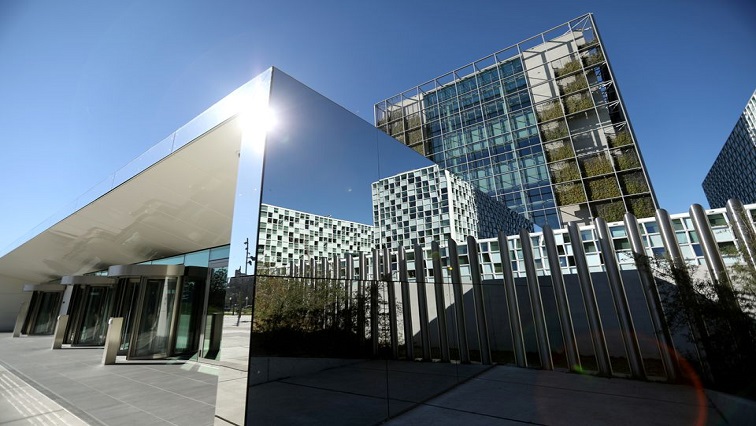Speculation is mounting that the International Criminal Court (ICC) Prosecutor may soon move against senior Israeli leaders. Several Israeli media are now reporting that officials there believe the court may soon issue arrest warrants.
ICC Prosecutor Karim Khan has not commented, but media reports suggest potential warrants could be issued in relation to the blocking of humanitarian aid that led to starvation in Gaza, but also to members of Hamas over actions emanating from the 7 October attacks.
It’s been widely reported that the International Criminal Court is preparing to issue arrest warrants for Israeli Prime Minister Benjamin Netanyahu and some members of Hamas.
Countries like South Africa have approached the International Criminal Court to probe alleged war crimes in Gaza.
ICC arrest warrant rumours against Israel
Israel has been accused of preventing the delivery of humanitarian aid desperately needed in the Gaza Strip. It has already been ordered by the International Court of Justice to prevent genocidal acts in the besieged enclave.
Some Israeli-Hebrew media also report that the United States is being intensely lobbied to use its leverage to prevent the ICC from acting.
The Times of Israel is reporting that officials are working to block ICC arrest warrants against Prime Minister Benjamin Netanyahu; or the Jerusalem Post’s coverage that the ICC could not act against the Prime Minister without the support of the United States or this from Haaretz, saying that Netanyahu could be next on the ICC’s arrest warrant list after Russian President Vladimir Putin.
The New York Times and various US media have now confirmed what appears to be chatter from Israeli government officials in the absence of any confirmation from the ICC or its Prosecutor, Karim Khan. It further reports that members of Hamas could also be issued with warrants in relation to actions emanating from their attack on 7 October.
Israel accused of blocking aid: Sophie Mokoena
Speculation is rife that the ICC is focused on the narrative that Israel blocked adequate quantities of humanitarian aid from entering Gaza which led to the deliberate starving of Palestinians in the enclave. Prosecutor Khan said last year that his probe into possible crimes by Hamas militants and Israeli forces was “a priority for his office”, a statement which also called explicitly for the release of all hostages.
“I want to underline clearly to Israel that there must be discernible efforts, without further delay, to make sure civilians receive basic food, medicine, and anesthetics, morphine. We hear reports of operations taking place without these basic medicines as if we are in the Middle Ages. Too many are dying. And too many are being injured. And it is alarming to see the bodies of young children that could be our own children being dragged, baked in dust, still silent, motionless because they are dead. In this regard, I have to say that Israel has clear obligations in relation to its war with Hamas, not just moral obligations but legal obligations to comply with the laws of armed conflict.”
This issue of humanitarian aid was also raised this month by the UN Commission of Inquiry into the Occupied Palestinian Territories.
“The Israeli authorities have regularly stopped and denied the entry of humanitarian aid into Gaza. This is in direct contravention to the provisional measures ordered by the International Court of Justice that Israel must, I quote from the order, take all necessary and effective measures to ensure without delay the unhindered provision of urgently needed basic services and humanitarian assistance in conformity with Israel’s obligations under the Genocide Convention,” says Commission Chair Navi Pillay.
SABC Correspondent Sherwin Bryce-Pease shares more details:
A White House readout of a Sunday call between President Joe Biden and Netanyahu included a discussion about increasing humanitarian assistance and opening new crossings into northern Gaza starting this week but made no mention of media reporting of intense lobbying by Israel of its allies to use their influence to prevent the ICC from moving forward – a question we put to the US.
“The ICC is an independent organisation and their efforts are being undertaken without any contact or interference by the US,” says Ambassador to the UN Linda Thomas-Greenfield
The ICC is also a court of last resort that takes up cases when a state is either unwilling or unable to investigate – an issue likely to be addressed were the Court’s independent judges to sign off on any arrest warrant moving forward. Unlike the International Court of Justice which deals with disputes between states, the ICC is focused on individual responsibility in relation to crimes against humanity, war crimes, and genocide. -Additional reporting by Khayelihle Khumalo


